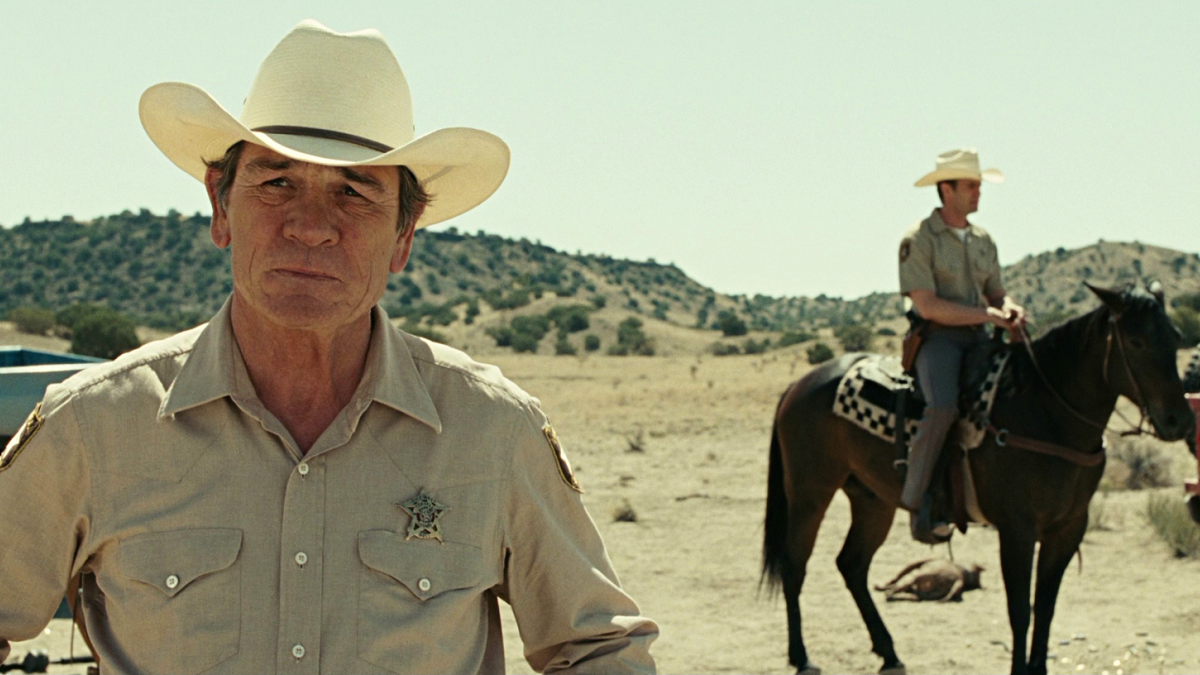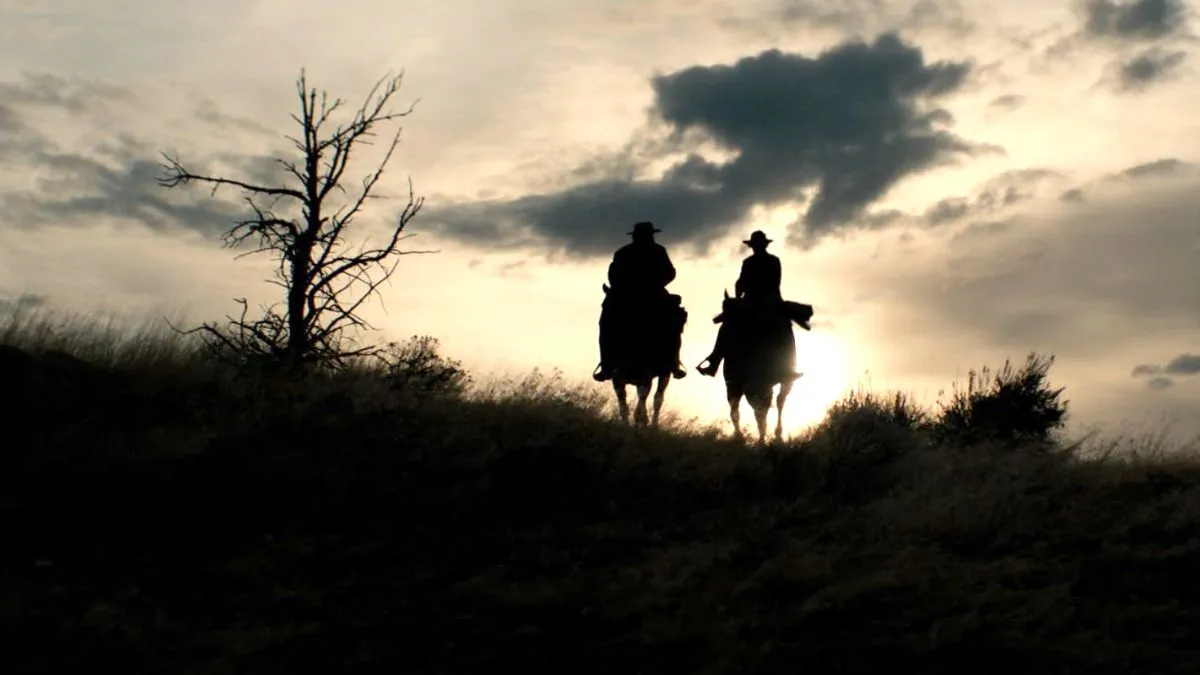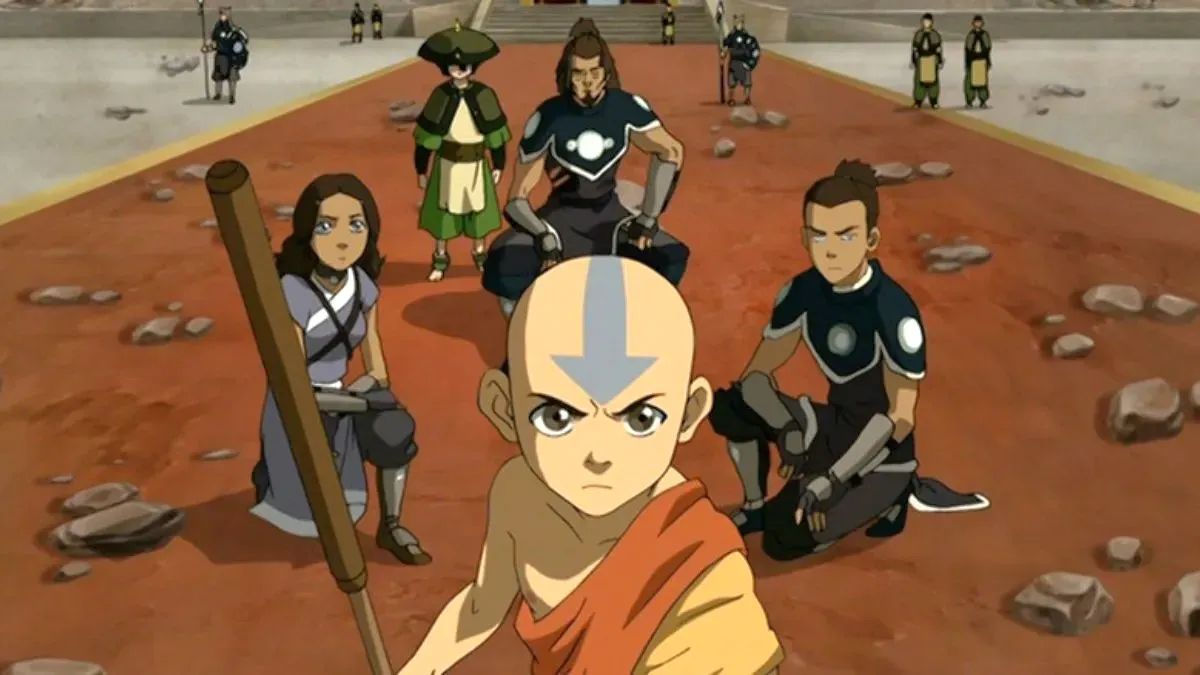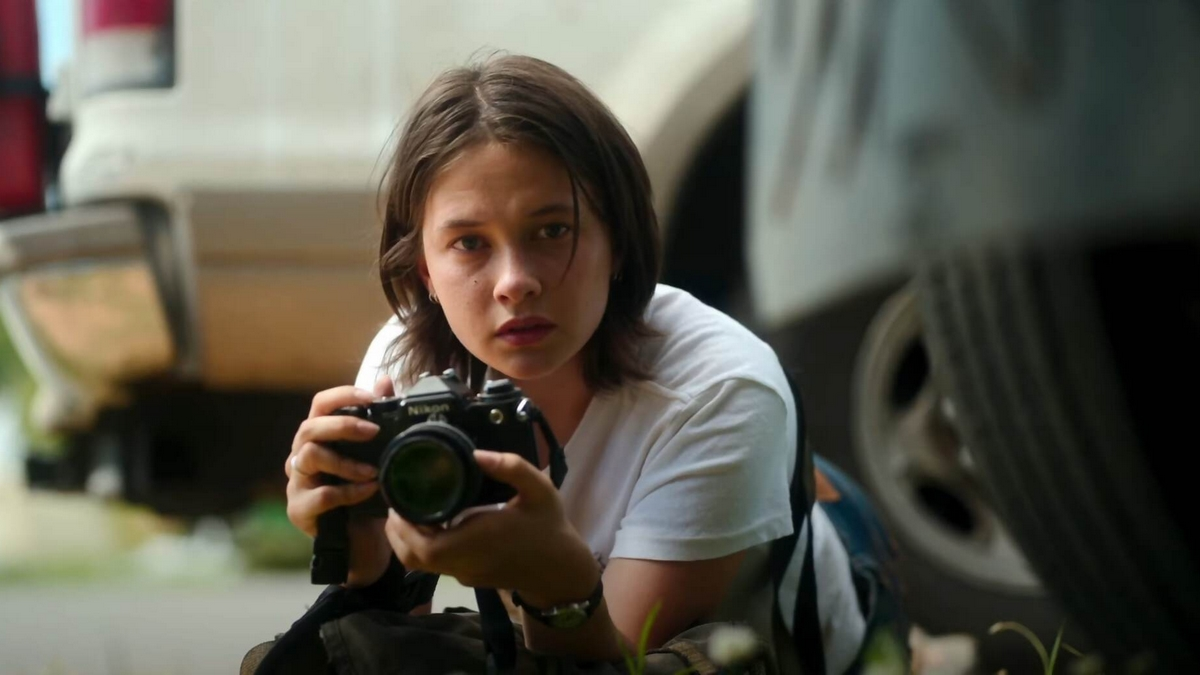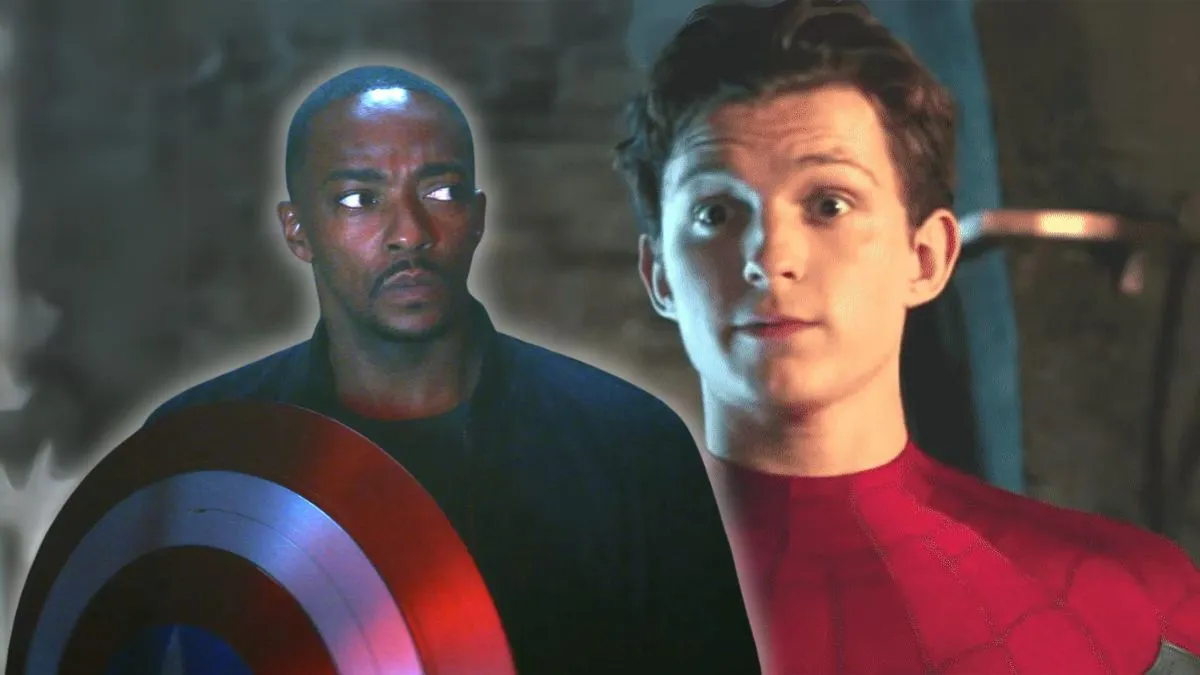House at the End of the Street is a thoroughly awful and unpleasant horror film, one that attempts to affect its unlucky audience by trading in abuse, sadism, and general human misery. It bears neither a hint of intelligence nor a smattering of subtext to justify its ugly, cynical nature, while the horrendous script, amateurish production, and wildly unappealing characters prevent any single moment from shining through as entertaining. At its very best, the film is tolerable. At its worst, it is offensive, a nasty experience that brutalizes the audience without an ounce of substance.
Jennifer Lawrence – who would not, I suspect, appear in such a film if it came along now, post-Hunger Games – stars as Elissa Cassidy, a teenage girl who has moved to a rural, forested area with her single mother (Elizabeth Shue). A horrifying tragedy occurred four years earlier at the house next door, when a young girl brutally murdered her parents and ran away, never to be seen again. The story has become local legend, while the family’s son, Ryan (Max Theriot), has become a pariah for continuing to live in the house. Elissa befriends Ryan, and bad things, as one might imagine, begin to occur.
Not from a diegetic standpoint, necessarily, as House at the End of the Street largely treads water for its first hour, attempting to intimidate the audience through jump cuts, misdirection, and sound effects in lieu of actual narrative momentum. No, by ‘bad things’ I mean painfully written moments of so-called ‘character development,’ or hilariously oblivious depictions of high-school culture, or any of the other unintentional horrors found in David Loucka and Jonathan Mostow’s spectacularly awful script. They paint exclusively in broad, insufferable strokes, never developing Elissa or her mother beyond the stereotypical ‘Quit treating my like a child!’ relationship or showing anything other than relentless, bitter contempt towards teenagers.
But flaccid storytelling and piss-poor characterization are standard fare for bad movies, and during its first two acts, House at the End of the Street seems like nothing more than that. The early material is horrible, but not unbearably so, especially in those amusing moments when the entire audience bursts out laughing at awkwardly directed scenes that are clearly meant to unsettle or frighten.
No, it is not until the third act rolls around that the film becomes truly sadistic towards its characters and audience, and grows downright unpleasant to watch. I am honestly surprised by the depths director Mark Tonderai sinks to, pushing further and further into aggressively hostile or ugly territory just to wring some empty scares out of this lifeless material. Kidnapping, child abuse, violent assault, psychological torture, self-mutilation, forced captivity…it all comes into play in the last thirty minutes, not only violating the film’s lone thematic thread – that judging a person by their appearance is wrong (apparently not) – but beating the audience into submission until I wanted nothing more than to march out of the theatre in a huff.

The third act is a wearisome marathon of brutality for the sake of brutality, devoid of any discernable purpose other than the need to inject some last-minute horror into an otherwise dull narrative. But mindless violence does not, I believe, equate to actual horror, and while House at the End of the Street does not push as far into torture-porn territory as the Saw franchise or Hostel, it does so without the hints of irony or creative craftsmanship that earned those films their fans. It is just an ugly, vicious slog, one that never attempts a dénouement or views its characters as anything more than objects for cruelty.
That, perhaps, is where I find myself most disturbed. Poor Jennifer Lawrence, such a wildly accomplished and intellectual performer in several excellent films, is made to be an object of perverse sexual sadism in the film’s final act. Sexual objectification of women and a general acceptance of the heterosexual male gaze is an obvious and pervasive problem in modern filmmaking, but House at the End of the Street, like many of the worst horror films, takes this trend a step farther. Tonderai’s camera views Lawrence almost exclusively as a heightened sexual figure, especially when she is under duress or suffering physical pain.
What is the point of this, I wonder? I understand the typical aims of sexual objectification – the heterosexual male gaze is naturally attracted to beautiful women – but is it normal to find oneself turned on by gorgeous women being tormented? This is almost certainly Tonderai’s intent – as Lawrence’s character frees herself from bondage by torching her own skin, Tonderai continues to frame her as he would a model – and it raises serious questions about the film’s gender politics. Was this story told with a female protagonist for narrative reasons, or so the torture scenes could double as moments of sexual stimulation for young male viewers? Was Lawrence cast for her considerable acting talents, or because Tonderai knew he needed someone beautiful to put through the wringer? Would the main character begin the third act by stripping down to a tank top if it were a man?
I know full well that mixing sex and sadism is a tradition of violent horror films, and I could not care less. It is a failing of violent horror films, one modern filmmakers have a responsibility to rise above. Joss Whedon and Drew Goddard even commented on the trend – rather blisteringly, I must say – in this April’s Cabin in the Woods. But Tonderai treats Lawrence with the same cinematic sexual dominance that countless actresses have been subjected to in the horror genre, suggesting that all the film’s brutality is meant to inspire a certain amount of perverse pleasure. It has nothing else to offer, after all, so what other explanation could there be?
I have no need for it, in any case. I doubt you do either. House at the End of the Street is a nasty and unwelcome experience, and I suggest we all put it out of our minds as soon as possible.
Sorry, this video is currently unavailable.



